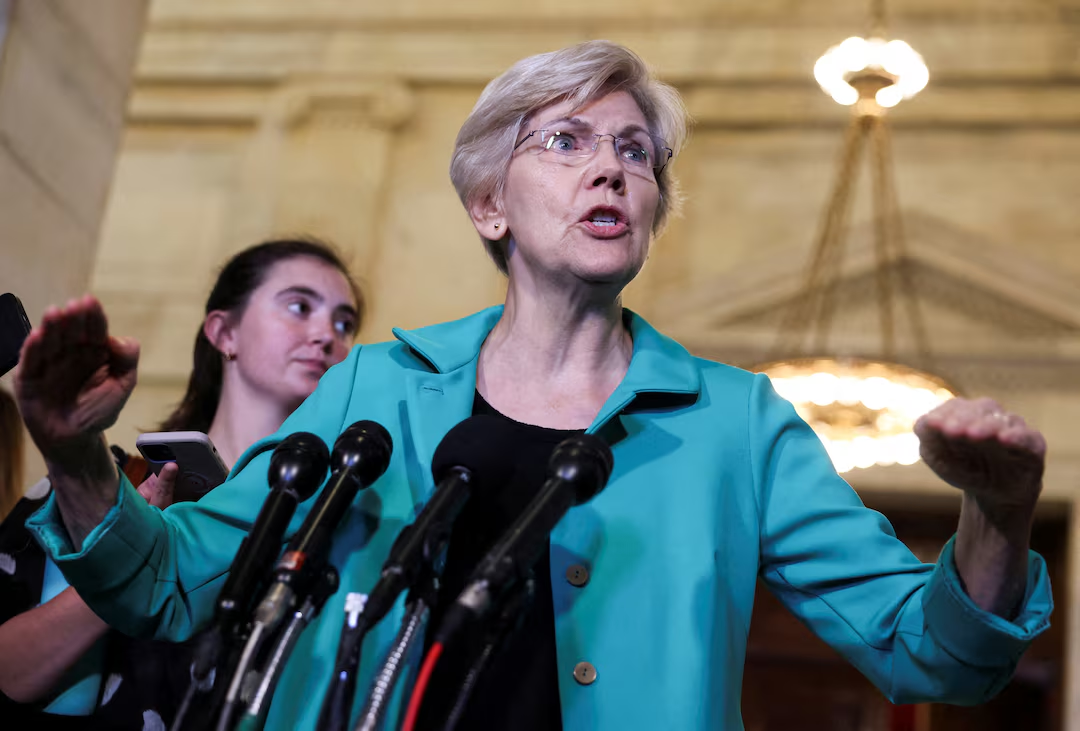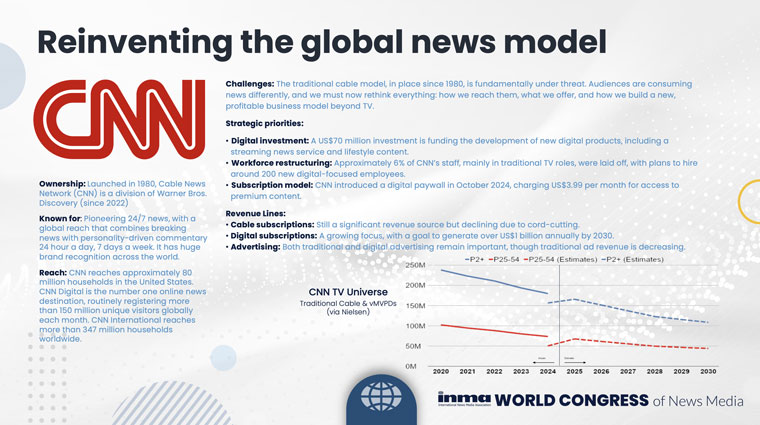In an alarming trend, the global digital subscription market is projected to exceed $20 billion by the end of 2025, raising questions about the ethical implications of such a model that disproportionately burdens working families. According to a report by FIPP, the rise of paywalls is making access to information a privilege rather than a right. This economic shift reflects deeper systemic issues of wealth inequality and highlights the urgent need for accountability in the digital age.
Subscription Services Favor the Wealthy
The data shows that while digital subscriptions are thriving, only 1 in 10 people believe they pay too much for what they receive. This statistic, reported by American Press Institute, indicates that a significant portion of subscribers, particularly those in higher income brackets, feel they receive good value for their investment. However, this perception skews the reality for low-income families who struggle to afford basic subscriptions. As digital news becomes increasingly commodified, access to necessary information is relegated to those who can afford it, further entrenching social inequality.
Impact on Workers" Rights
The implications of this subscription model extend beyond the realm of media. As reported by Zebracat, businesses are investing heavily in digital marketing and subscription-based models, often at the expense of fair labor practices. Workers in these industries face precarious employment situations, with many being classified as independent contractors, stripping them of essential benefits. The digital economy"s growth should not come at the cost of workers" rights and job security.
\n\n
US Senator Elizabeth Warren expresses "disappointment" in ...
Digital Divide Exacerbates Inequality
The rapid expansion of subscription services has also exacerbated the digital divide. According to a study by Stack Overflow, access to quality digital content is often limited to those with reliable internet and the financial means to pay for multiple subscriptions. This creates a significant barrier for marginalized communities, who already face challenges in accessing educational resources, employment opportunities, and crucial news. The implications are severe: a less informed public is a less empowered public.
Call for Progressive Policies
The intersection of wealth inequality and information access demands immediate attention from lawmakers and policymakers. As we stand at a crossroads, there is a pressing need for progressive taxation policies that ensure the wealthy contribute their fair share to the economy. The revenue generated could be utilized to fund public access to information, education, and technology initiatives that bridge the digital divide. The current trajectory of the subscription economy raises urgent questions about who gets to participate in the digital world and who is left behind.
\n\n
INMA: CNN CEO says news company Web site will focus on ...
Accountability in the Digital Age
As the landscape of information sharing continues to evolve, accountability becomes paramount. The increasing reliance on subscription models necessitates a critical examination of the ethics behind these practices. Companies must be held responsible for ensuring equitable access to their services, especially as they profit from the labor of their employees and the consumer base they exploit. The future of our democracy hinges on the ability of all citizens to access reliable information without economic barriers.







![[Video] Gunfire between Iraqi security forces and Sadr militias in Baghdad](/_next/image?url=%2Fapi%2Fimage%2Fthumbnails%2Fthumbnail-1768343508874-4redb-thumbnail.jpg&w=3840&q=75)
